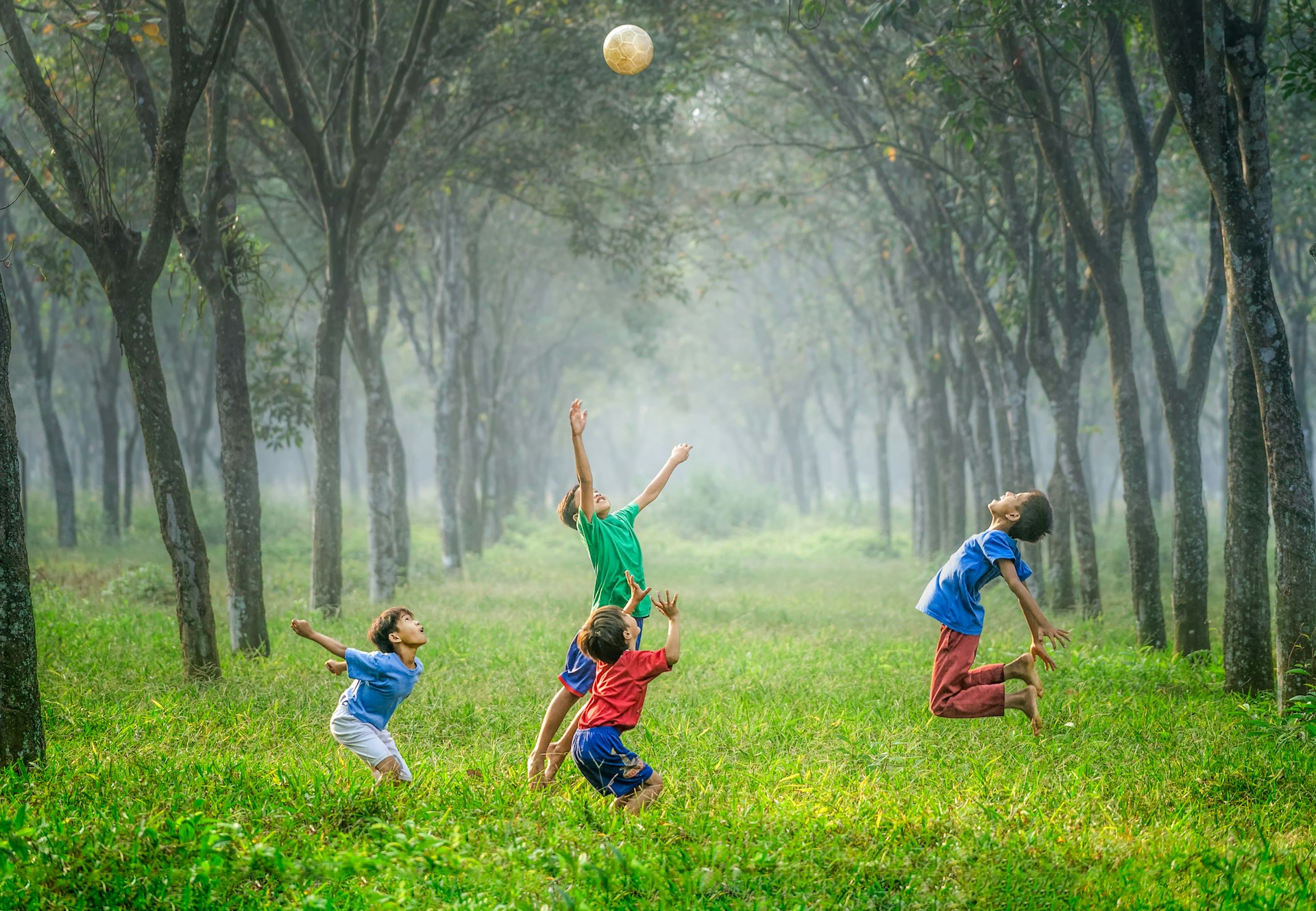26 “Normal” Childhood Experiences That Turned Out to Be Deeply Traumatic
Childhood is often idealized as a carefree and joyful time, but many experiences that seemed “normal” in the moment can later reveal themselves to be deeply traumatic. These experiences, often dismissed or downplayed, can have long-lasting effects on mental and emotional well-being. Here are 26 such “normal” childhood experiences that many people later realized were actually harmful.
1. Being Constantly Compared to Others
Parents or teachers often compare children to siblings, classmates, or neighbors, thinking it will motivate them. Instead, it can create deep-seated insecurities and a lifelong struggle with self-worth.
2. Dismissal of Emotions
Hearing phrases like “Stop crying” or “It’s not a big deal” can make children feel that their emotions are invalid, leading to difficulty expressing feelings in adulthood.
3. Strict Parenting and Over-Discipline
Harsh punishments, such as spanking or severe restrictions, may have been accepted as discipline but often result in fear, anxiety, and low self-esteem.
4. Being Forced to Hug or Kiss Relatives
Forcing children to show affection teaches them that their personal boundaries don’t matter, making it harder for them to assert consent later in life.
5. Emotional Neglect
Even if physical needs were met, a lack of emotional support or validation from parents can cause deep emotional wounds.
6. Having to “Parent” Your Parents
Children who had to take care of their parents’ emotional needs or assume adult responsibilities (e.g., cooking, paying bills) often develop anxiety and people-pleasing tendencies.
7. Constantly Moving or Changing Schools
Frequent relocations can make it difficult for children to form lasting relationships, leading to issues with attachment and stability.
8. Being Told to Always Respect Authority
Teaching blind obedience instead of critical thinking can make children more susceptible to manipulation and abuse.
9. Sibling Favoritism
Being treated as “lesser” compared to a sibling can lead to feelings of rejection and resentment.
10. Overly High Expectations
Feeling pressured to achieve perfection in academics, sports, or other areas can cause anxiety, burnout, and self-doubt.
11. Financial Instability
Growing up in a financially unstable household can lead to chronic stress and a scarcity mindset in adulthood.
12. Being Told “You’re Too Sensitive”
This dismisses genuine feelings and can make a child doubt their own emotions and experiences.
13. Being Called Names or Mocked by Family
Even seemingly “harmless” teasing can deeply affect self-esteem and body image.
14. Parents Fighting Constantly
Children who grow up in high-conflict homes often develop anxiety, fear of relationships, or struggle with conflict resolution.
15. Having to Be the Peacemaker
Children forced to mediate adult conflicts often feel burdened and develop an unhealthy sense of responsibility.
16. Being Left Alone for Long Periods
Even if not technically “neglect,” frequent loneliness can create abandonment issues and difficulty forming close relationships.
17. Being Pressured Into Extracurricular Activities
When a child is forced into sports, music, or hobbies they don’t enjoy, it can make them feel unheard and disconnected from their true interests.
18. Feeling Unwanted or Unplanned
Hearing stories about being an “accident” or unwanted pregnancy can damage self-worth and create feelings of rejection.
19. Not Having Privacy
Lack of personal space or boundaries, such as parents reading diaries or monitoring conversations, can lead to trust issues.
20. Exposure to Parental Addiction
Living with a parent who struggles with substance abuse can cause long-term emotional trauma and anxiety.
21. Inconsistent Parenting
Parents who are unpredictable—loving one moment and harsh the next—can create attachment issues and emotional instability.
22. Being Mocked for Interests
Children who were ridiculed for their hobbies or passions may struggle with self-expression and confidence later in life.
23. Being Punished for Expressing Discomfort
Children who were scolded for saying “I don’t like this” or “This makes me uncomfortable” may struggle with setting boundaries as adults.
24. Experiencing Bullying That Was Ignored
Adults who brushed off bullying as “just kids being kids” failed to acknowledge the deep scars it could leave.
25. Being Pressured Into Religion or Beliefs
Being forced to follow strict religious or ideological beliefs without room for questioning can lead to identity struggles.
26. Lack of Physical Affection
Not receiving hugs, comfort, or positive reinforcement can lead to struggles with intimacy and emotional connection.
Final Thoughts
What was once seen as “normal” in childhood is often later understood as a significant source of trauma. Recognizing these experiences is the first step toward healing and breaking the cycle for future generations. If you relate to any of these, know that your feelings are valid, and seeking support can help you process and heal from these past wounds.

